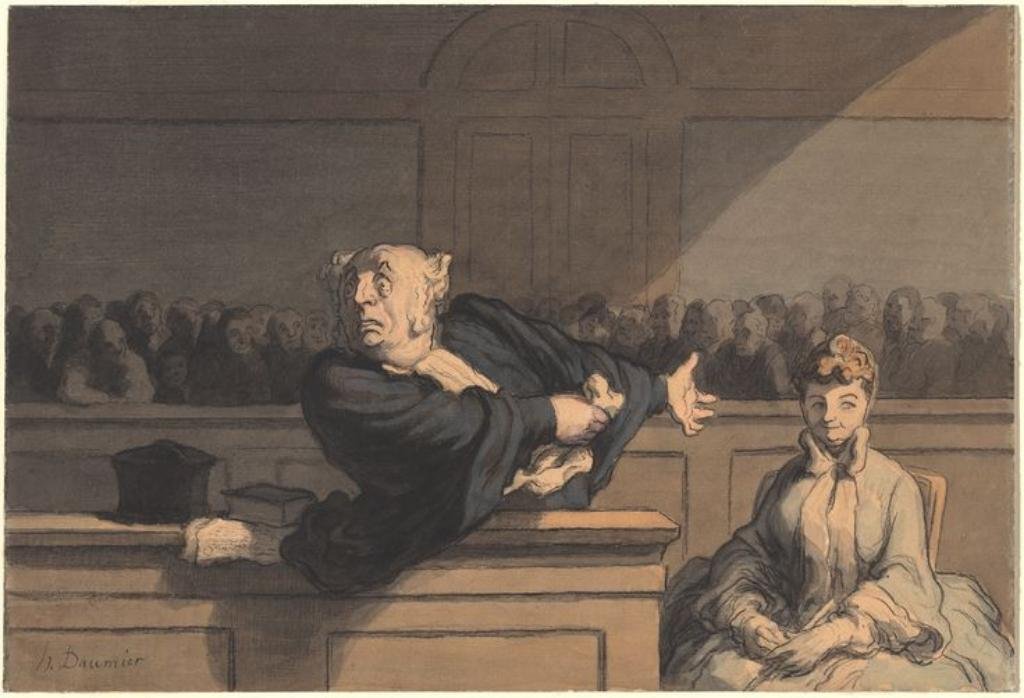"Deception and Desire: Analyzing Father Gianni’s Manipulation in Tale IX.10 of The Decameron”

Introduction
In Giovanni Boccaccio’s The Decameron, Tale IX.10 presents a bawdy narrative that intertwines themes of deception, sexuality, and the complexities of human relationships. Through the character of Father Gianni, Boccaccio explores the dynamics of power and manipulation within intimate encounters.
Summary
Father Gianni, a priest from Barletta, engages in a close friendship with his neighbor Pietro, a fellow trader. During a visit to Pietro's home, Gianni performs a magical ritual intending to transform Pietro's wife, Gemmata, into a mare for a night of sexual indulgence. However, when Pietro expresses disinterest in the ritual's completion, Gianni's spell fails, leading to a comedic yet unsettling situation where Gemmata remains unaware of the intended transformation.
Analysis
Boccaccio employs elements of the fabliau genre to critique the moral and ethical boundaries of clergy figures. Father Gianni's actions, under the guise of magic, manipulate Gemmata's autonomy, highlighting themes of sexual exploitation and the abuse of power. The tale's humor contrasts with its underlying critique of societal norms and the objectification of women, prompting readers to reflect on the complexities of consent and authority.
The tale also explores themes of gender and power dynamics. Gemmata's willingness to participate in the ritual, driven by economic desperation, reflects the limited agency of women in the context of poverty. Her objectification during the ritual, where her body is treated as an instrument for male amusement, critiques the commodification of female sexuality.
Furthermore, the narrative delves into the consequences of deception and the fragility of trust. Pietro's inadvertent interruption of the ritual leads to its failure, resulting in a breakdown of the relationship between the characters. This outcome serves as a commentary on the repercussions of dishonesty and the complexities inherent in human relationships.
Personal Response
This tale evokes a sense of discomfort, as the humor masks the serious implications of the priest's actions. It serves as a reminder of the importance of ethical conduct and respect within relationships, challenging readers to consider the power dynamics at play in everyday interactions.
Conclusion
Tale IX.10 offers a satirical yet poignant commentary on the intersections of power, sexuality, and morality. Through the character of Father Gianni, Boccaccio invites readers to critically examine the ethical dimensions of human behavior and the societal structures that infl
uence them.







